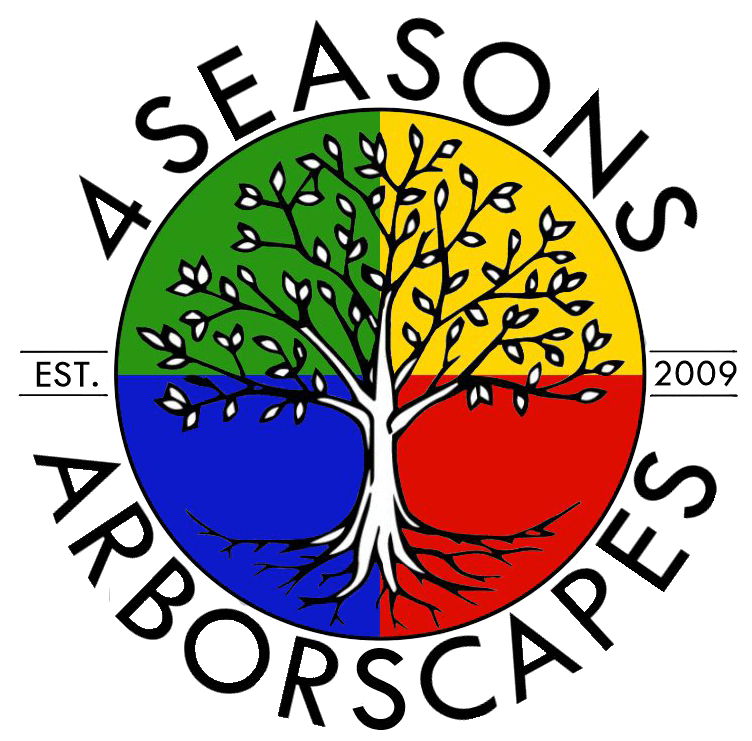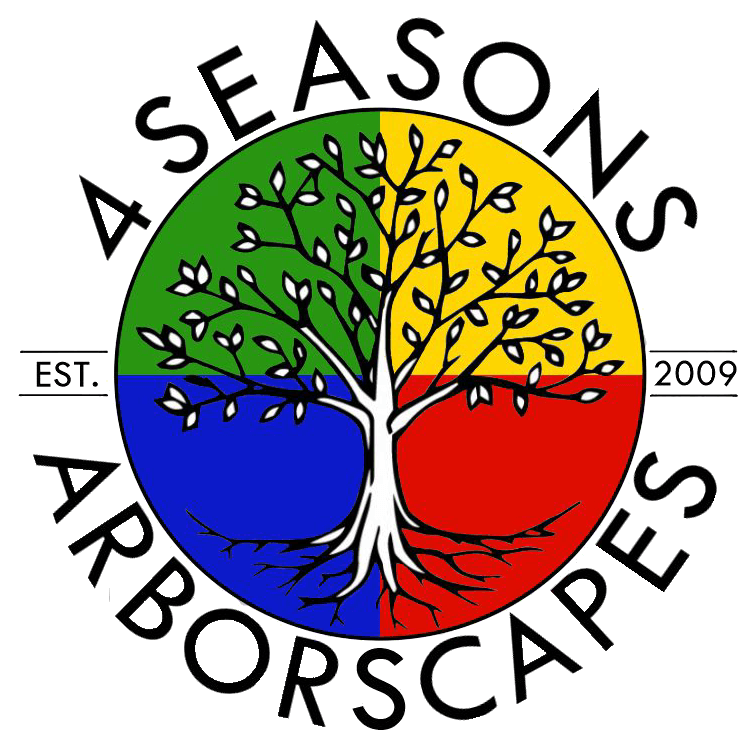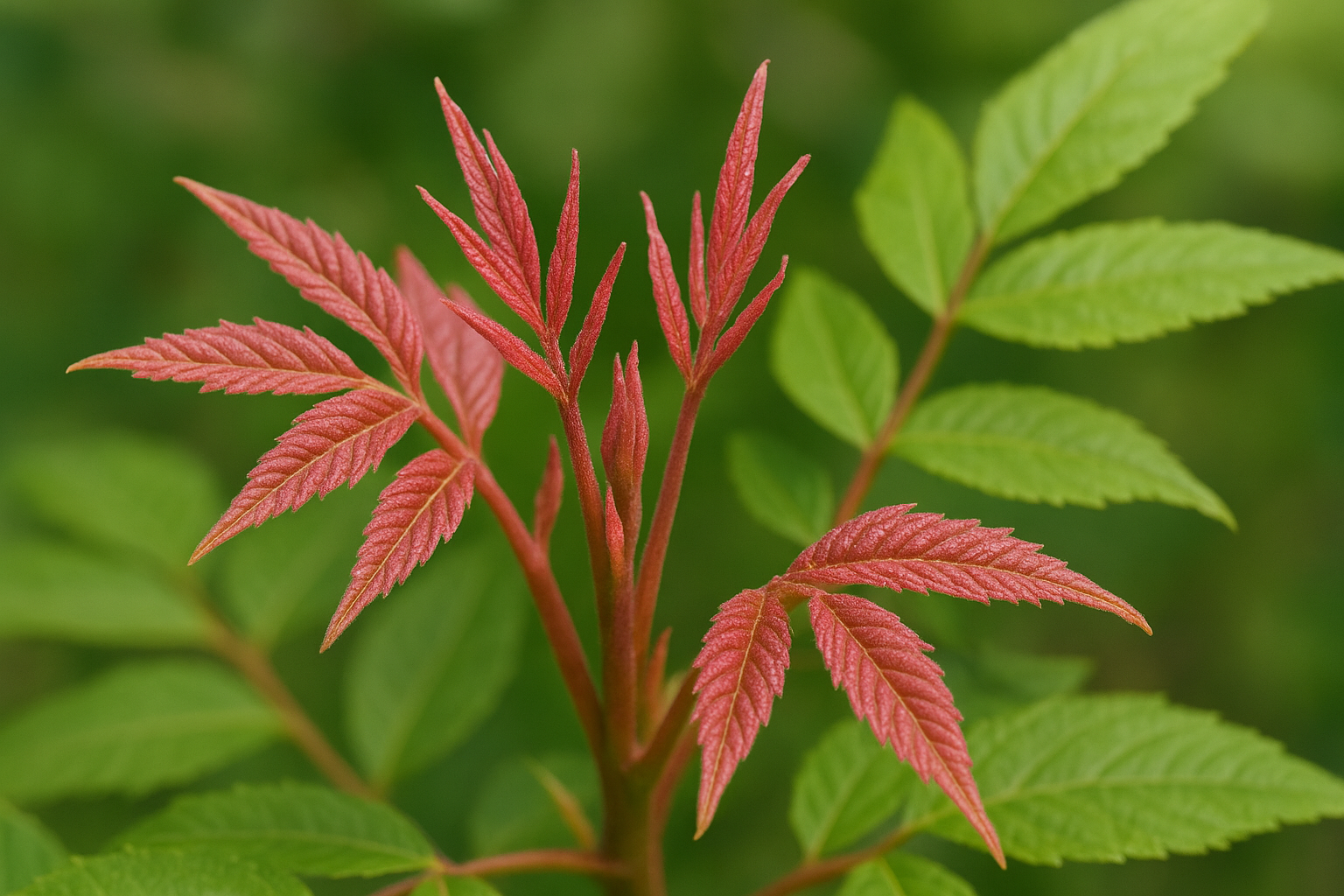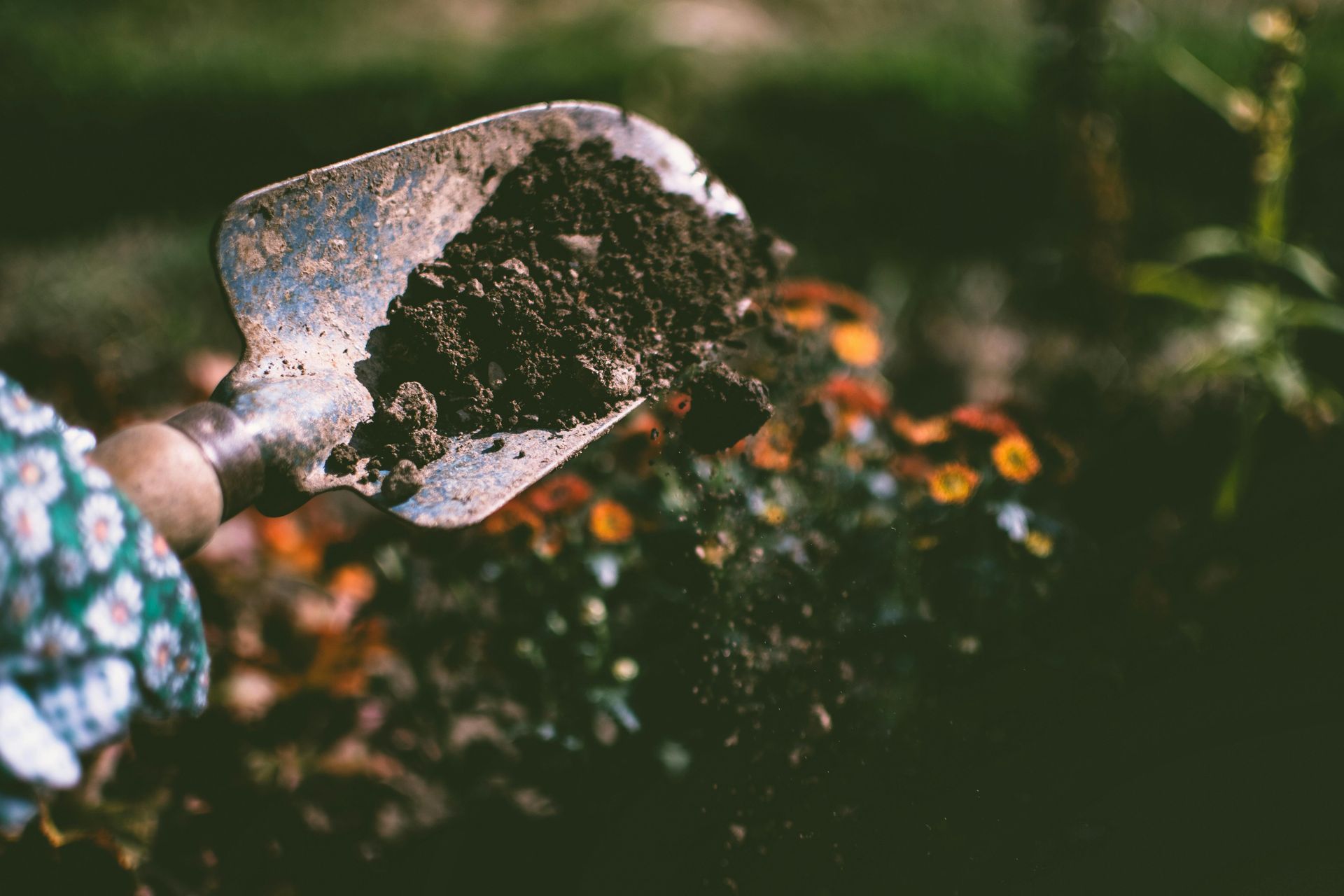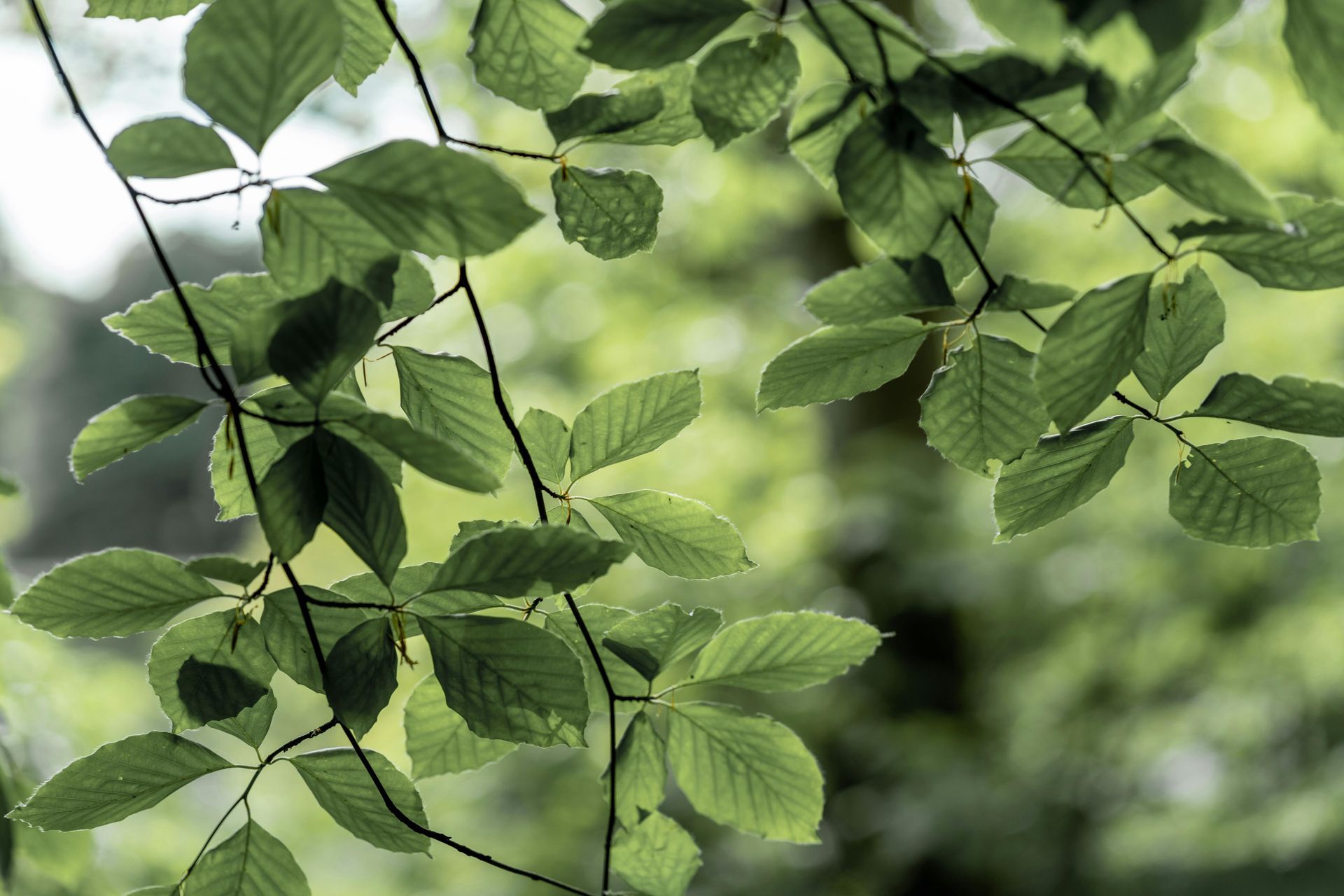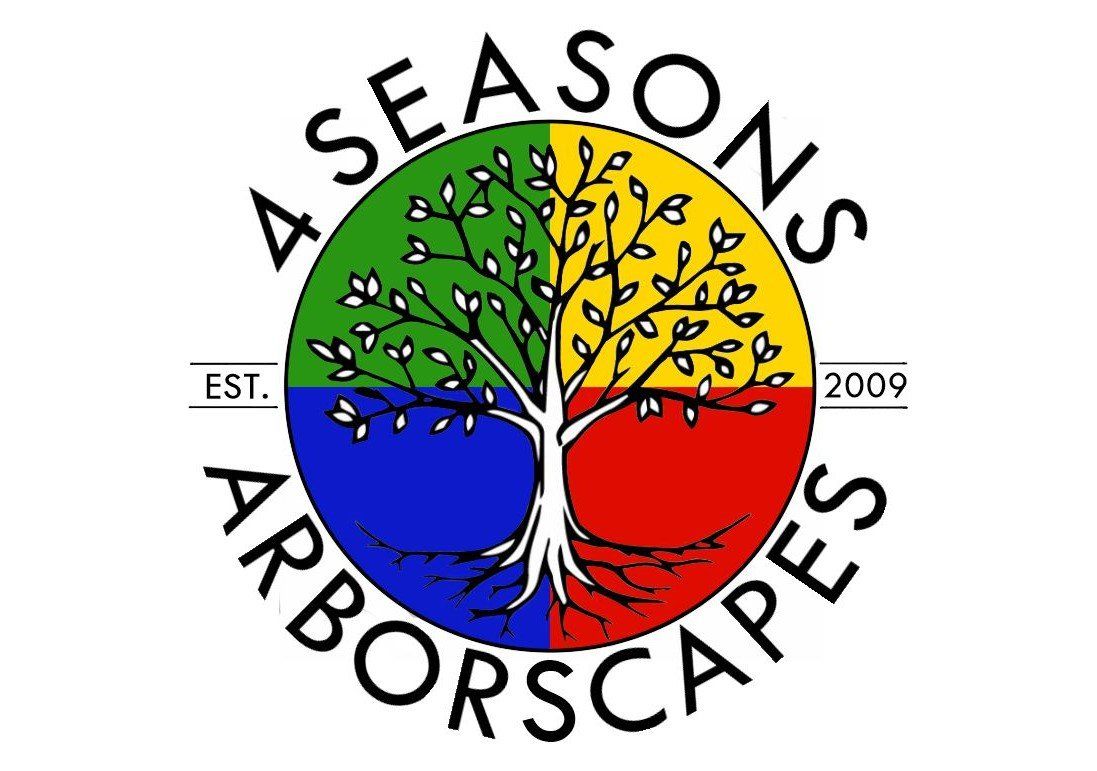Gardening for Pollinators: Pollinator-Friendly Weed and Pest Control
Butterflies, bees, and birds are beautiful and varied. In addition, they — and other insects — are responsible for pollinating our farms and gardens. Our food supply depends on them. But these essential workers are under attack from our use of pesticides, herbicides, and other human activities. From the comfort of your own home, you can provide crucial support for local pollinators by starting a pollinator garden.
All gardens have pests, but the key is to deter them in ways that won’t harm your produce or the beneficial insects! Remember that chemical fertilizers, weed killers, and pesticides can eventually leech into nearby water sources, effecting not only aquatic plant life, but every other level of the food chain (including us!). Plus, pesticides tend to kill many more creatures than the one or two nuisance bug species that we target.
Instead of spraying with chemicals, consider other options. From diatomaceous earth to
neem oil to Bacillus thuringiensis (Bt), there are many less-toxic methods available that work wonders on garden pests and weeds.
Pollinator-friendly Weed Control
Using weed killers, even those labeled as "pollinator-friendly," should be approached with caution as they can still have unintended consequences on beneficial insects, including pollinators. It's important to prioritize non-chemical methods for weed control whenever possible. Here are some alternatives and considerations for managing weeds in a pollinator-friendly way:
- Hand weeding. The most targeted and environmentally friendly method is to physically remove weeds by hand. This allows you to select specific weeds without affecting surrounding plants with harsh chemicals.
- Mulching. Apply mulch to your garden beds to suppress weed growth. Organic mulches like wood chips, straw, or compost not only help with weed control but also improve soil health.
- Mowing and trimming. Regularly mow or trim the weeds in your garden to prevent them from going to seed. This can be particularly effective for controlling grassy weeds.
- Spread corn gluten meal. This natural pre-emergent herbicide prevents weed seeds from sprouting. It is best applied in the spring before weeds germinate.
- Use essential oils. Certain essential oils like clove, cinnamon, and citrus oils can be mixed with water and soap to create a natural weed-killing spray.
Pollinator-friendly Pest Control
Beneficial insects are one of the most useful tools in a gardener's toolbox. However, using pesticides on your plants, even "pollinator-friendly" ones, can have devastating effects on the non-targeting insect populations. Here are some other alternatives and considerations for controlling garden pests in a pollinator-friendly way:
- Learn your bugs. You'll want to learn to identify the bugs in your garden and the appropriate control measures for each. You can't beat them if you don't know who's a friend or who's a foe!
- Nourish your plants. Use organic amendments such as aged compost. Strong, healthy plants don't attract as many insects and can withstand their assault better than weak ones. If you're using inorganic fertilizer, follow instructions closely. Over-fertilized plants will attract pests to eat their lush new growth.
- Companion plant. Use companion planting to repel insects naturally. Some plants thrive together; some do not. Some plants act as a natural pest repellent for their companion plants, others attract pests. By carefully planning out your garden in this way, you can eliminate pests without damaging the local ecosystem.
- Set up physical barriers. Use row covers to block pests from attacking your plants, especially tender transplants. Remove the covers when plants are established and in bloom to allow for insect pollination. "Collars" (paper towel or toilet paper cardboard rolls) inserted around the small transplants (1 to 2 inches into the soil) will prevent insects such as cutworms from eating the young stems.
- Time your plantings. Insect populations peak during varying times of the year, and you can use this to your crops' advantage. For example, plant squash as early as possible to avoid squash vine borers, which lay eggs in early to mid-summer. Plant carrots after June 1st and harvest by early September to avoid the carrot fly.
- Introduce beneficial insects. Attracting and releasing beneficial insects like ladybugs, lacewings, and parasitic wasps can help control pest populations naturally.
- Consider other natural remedies. Many other plants have been reported to have insecticidal qualities, including hyssop, lettuce leaves, onions, pennyroyal, peppermint, and radish leaves.
If you have exhausted all these methods and feel you must resort to using a spray, don't reach for harsh chemicals. They will do more harm than good by polluting the watershed, killing good and bad bugs alike, and eventually, the insects you are trying to kill may grow resistant to those chemicals requiring you to use even stronger ones. What's worse, they can also harm birds, animals, you, and your children.
DIY Pesticide Sprays
Try a more natural approach by making one of these homemade insecticidal sprays. Bear in mind that although they are less toxic, they are not totally harmless. Keep them away from kids and pets. Test them on a few leaves before you go all in to make sure they won't injure your plants. Be sure never to spray them on your plants during the sunny, hot part of the day, or they will definitely cause foliar damage. It's best to spray in the evening, when bees and other pollinators are not active.
To Make Dish Soap Spray...
Dissolve 1 tablespoon of a mild liquid soap, such as a pure dish soap (no bleach, degreaser, or detergents added), or castile soap in 1 quart of water. Dr. Bronner's soap may be pricey, but it uses no animal fats which makes it a good choice for vegans or eco-conscious families. These DIY insecticidal soaps are good for killing soft-bodied insects. Be sure to cover the whole plant—both sides of the leaves and on the stems. Soap sprays only work when wet, so they will need to be reapplied every 4-7 days or until you notice that populations have decreased. After a few applications, if rain hasn't done this for you, spray the plants with plain water to rinse off any soapy residue.
To Make Oil Spray...
Mix 1 cup of vegetable oil with 1 tablespoon of mild liquid soap. Add 2-8 teaspoons of this mixture to 1 quart of water and spray your plants as above. The oil in this spray smothers the insects so it is effective on aphids, thrips, mites, and scale.
To Make Tomato Leaf Spray...
The leaves of tomatoes contain solanine and tomatine and can be used as an insecticide. Soak 2 cups of fresh leaves in 1 quart of water overnight. Strain and spray. It kills aphids and many types of chewing insects, but also attracts beneficials. Don't use it on other nightshades like eggplants, peppers, or potatoes because it could spread disease from plant to plant.
To Make Garlic Spray...
Despite all you've read, garlic acts as more of a repellent than an insect killer. Puree 2 bulbs of garlic with 1 cup of water and let sit overnight. Strain the liquid into a quart jar, add 1/2 cup vegetable oil, 1 teaspoon liquid soap, and fill the jar the rest of the way with water. Put one cup in a 1 quart sprayer, fill with water and apply to your affected plants. It is good for repelling aphids, cabbage worms, leaf hoppers, squash bugs, and whiteflies.
To Make Hot Pepper Spray...
Hot pepper is also a good repellent and works for rabbits and deer as well as many insects. Mix 1 tablespoon dried chili powder, 1 quart of water, and 1 teaspoon of mild soap. Spray full strength on the plants under attack. If you have hot peppers growing in your garden, you can make a fresh concoction from 1/2 cup chopped peppers pureed in 1 cup of water. Add the puree to 1 quart of water and bring to a boil. Let sit until cool and then strain. Add 1 teaspoon of mild soap and spray full strength on plants. You might want to wear gloves when working with this spray and be sure not to get it into your eyes!
Conclusion
Always remember to identify the specific pests and weeds in your garden before choosing a control method to ensure it's appropriate and effective. Additionally, follow the instructions on product labels and use any homemade solutions sparingly to avoid harming beneficial insects and plants. Happy gardening!
Check out the latest:
